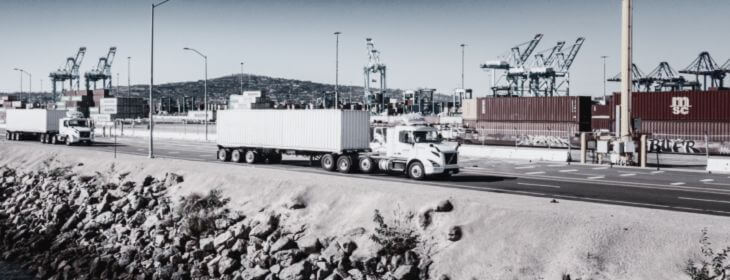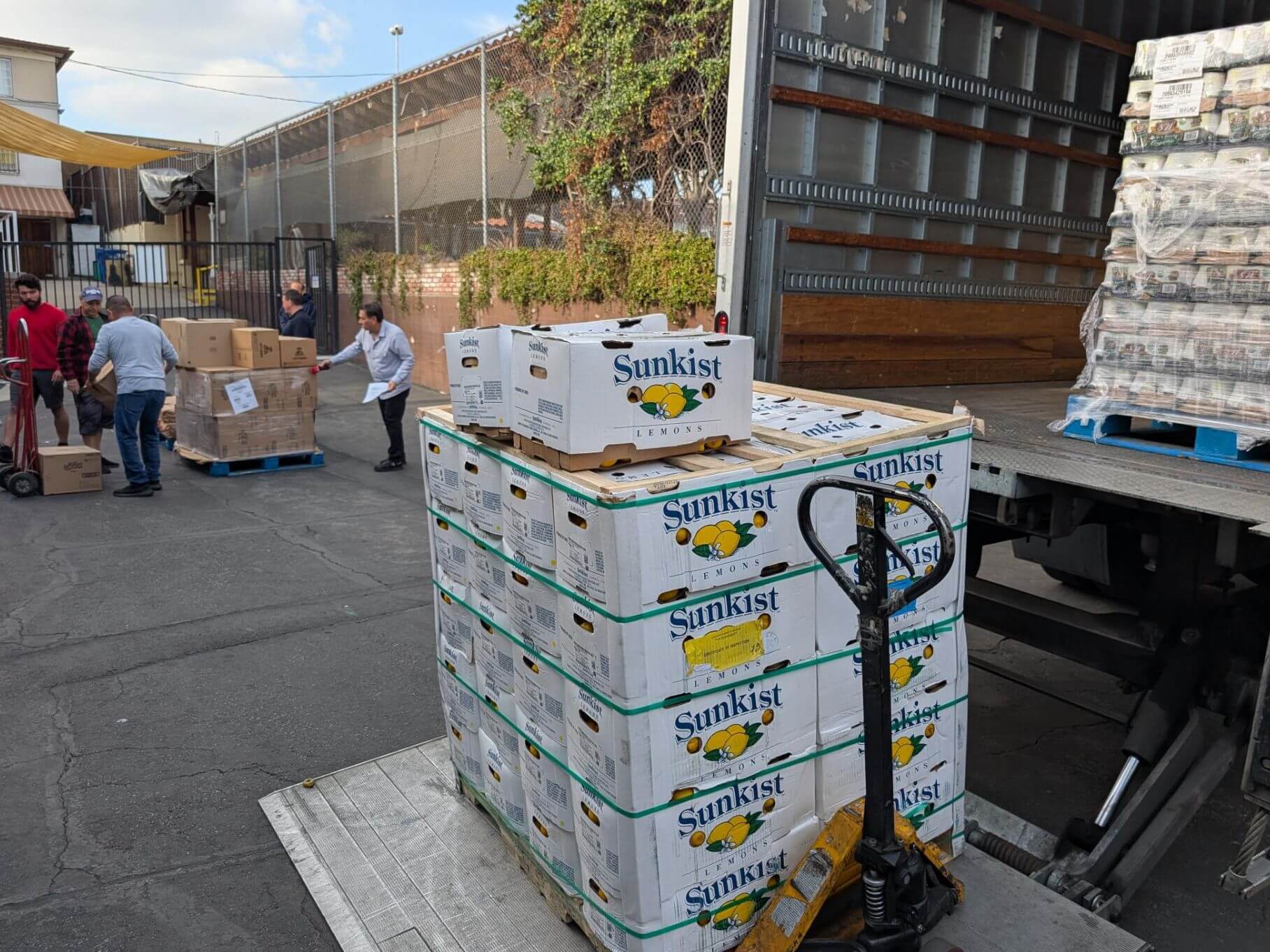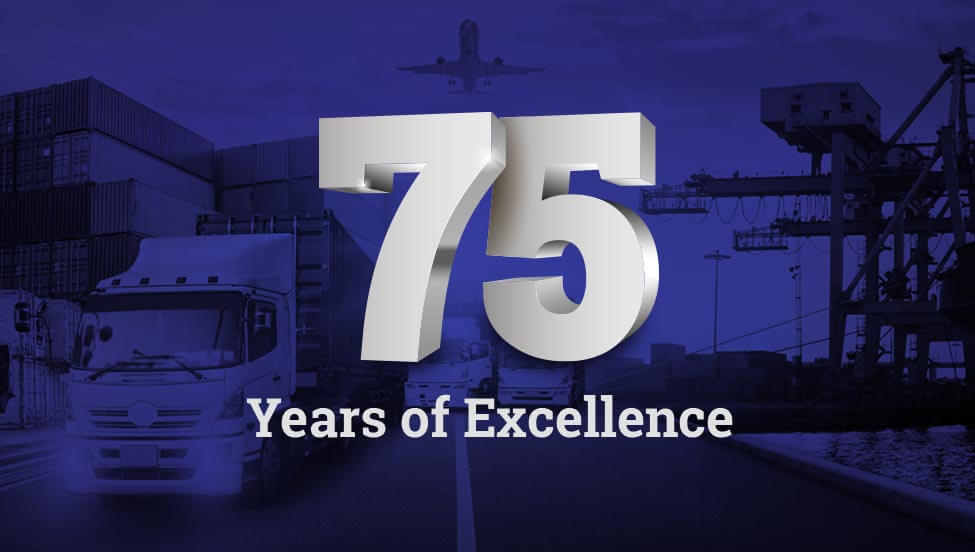News

Dependable Supply Chain Solutions Adds New Indiana Facility, Delivering Customer-Driven Expansion
ViewNews

Dependable Supply Chain Services Strengthens Coast-to-Coast Footprint with New City of Industry Location
ViewNews

Revolutionizing Warehouse Operations – The Future at Dependable Supply Chain Services with Next-Gen WMS
View
Questions?
Our team of logistics experts is here to provide the support and answers you need to keep your supply chain moving smoothly.


